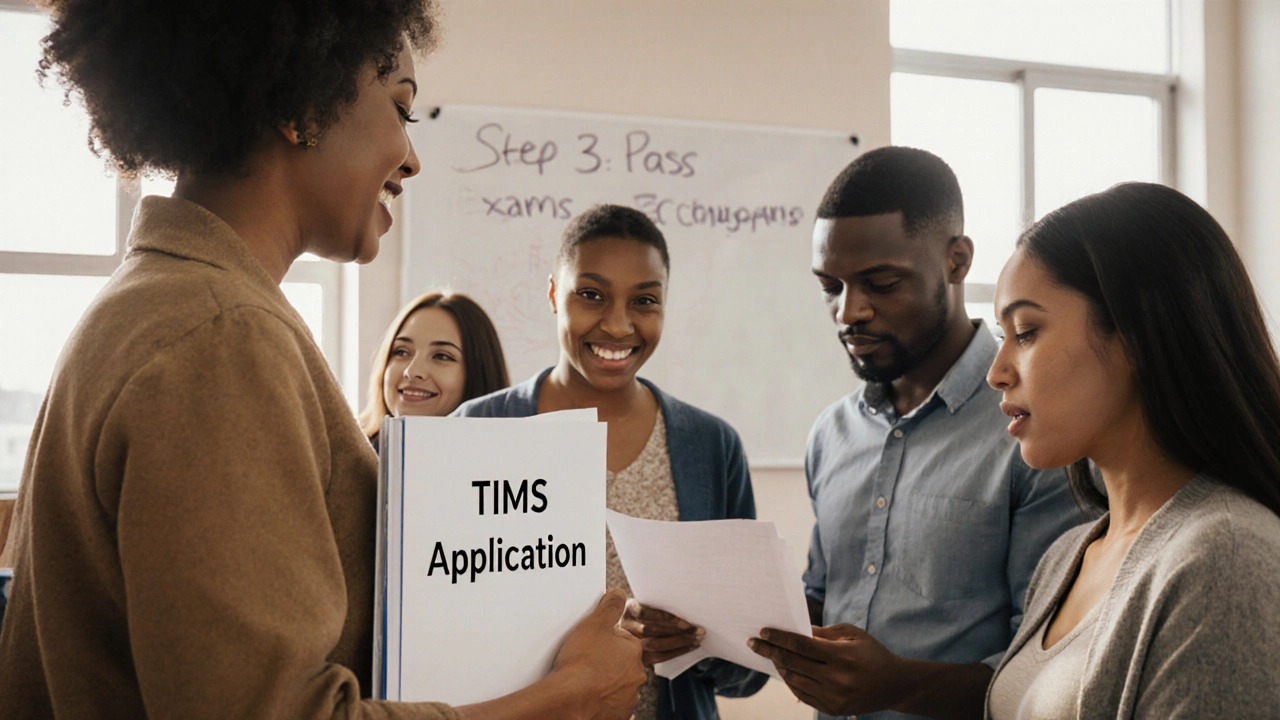How to Become a Teacher in Virginia
When you want to become a teacher in Virginia, a licensed professional who educates students in public or private K-12 schools. Also known as a classroom educator, it requires more than passion—it needs state-approved training, testing, and paperwork. Virginia doesn’t let just anyone walk into a classroom. The state has clear rules, and if you skip even one step, your application gets stuck. But if you follow the path right, you can start teaching in as little as 12 months—even without a traditional education degree.
Most people think you need a four-year degree in education to teach in Virginia. That’s true for the standard route, but there’s another way: the Alternative Licensure Program, a state-approved path for career changers and non-education majors to earn teaching credentials. Also known as Virginia’s Licensure by Alternative Route, this option lets you work in a classroom while finishing your training. You’ll need a bachelor’s degree in any field, pass the required Praxis exams, and get hired by a Virginia school district willing to sponsor you. Many districts in rural or high-need areas actively recruit through this route. You don’t need to wait years to start. Some people begin teaching as substitute teachers first, which gives you classroom experience while you prepare for full certification.
There are three main types of teaching licenses in Virginia: the Standard Professional I (SP I), the entry-level license for new teachers who’ve completed an approved program. Also known as initial licensure, it’s valid for three years and requires you to complete mentoring and continuing education before upgrading. Then there’s the Standard Professional II (SP II), the full license earned after completing a master’s degree or equivalent professional development. Also known as professional certification, it’s renewable and needed for long-term teaching roles. And if you’re teaching in a shortage area—like math, science, or special education—you might qualify for a temporary license while you finish your requirements.
Testing is non-negotiable. Virginia requires the Praxis Core, a basic skills test in reading, writing, and math that all teacher candidates must pass. Also known as Praxis 5713, 5722, 5733, it’s the first gate you must pass before being admitted into any teacher prep program. Then you’ll take the Praxis Subject Assessment, a content-specific exam that proves you know your subject well enough to teach it. Also known as Praxis II, it varies by grade level and subject—like 5018 for elementary education or 5005 for biology. These aren’t easy, but they’re predictable. Thousands of people pass them every year using free study guides from the Virginia Department of Education.
Salary isn’t the highest in the country, but it’s stable. Starting teachers in Virginia make between $45,000 and $55,000, depending on the county. Fairfax, Arlington, and Alexandria pay more. After five years, most teachers earn over $65,000, with benefits like health insurance, retirement, and paid summer breaks. If you’re looking for job security, teaching in Virginia offers it—especially with teacher shortages in many districts.
What you’ll find below are real guides from people who’ve walked this path. Whether you’re switching careers, coming from another state, or just wondering if teaching is right for you, these posts break down the steps without the hype. You’ll learn how to pass the Praxis, where to find paid training programs, how to get hired without experience, and what to do if you fail an exam. No theory. No fluff. Just what actually works in Virginia’s schools today.
Learn how to get a teaching certificate in Virginia in 2025 with step-by-step guidance on degrees, exams, applications, and licensing. Avoid common mistakes and understand requirements for out-of-state and career-change teachers.
